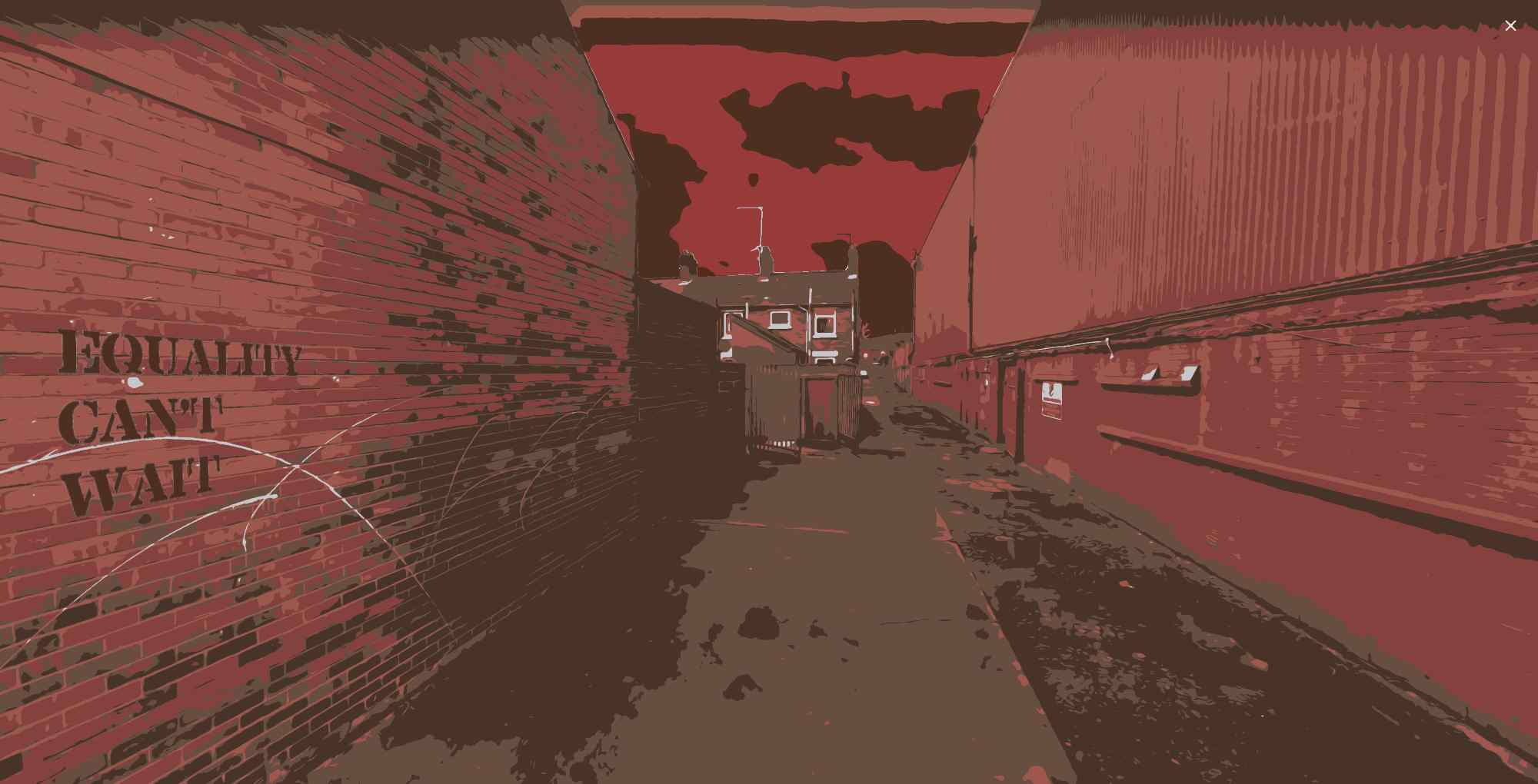
Policy Watch
An eye on policy changes in Ireland, the UK and beyond
Stormont departments sidestep pointed ICESCR questions about the impact of paramilitary intimidation on housing & religious inequality in social housing provision
In its 2009 review of the UK’s human rights record, the International Committee on Economic, Social and Cultural Rights drew particular attention on the issue of religious inequality in social housing provision in NI:
“the Committee is concerned about the chronic shortage of housing, in particular social housing, for the most disadvantaged and marginalized individuals and groups, such as persons with disabilities, especially in Scotland, or Catholic families in North Belfast, in spite of the financial resources provided, and other measures taken, by the State party in this regard (E/C.12/GBR/CO/5, para. 29).”
Similarly, in 2016 the Committee’s Concluding Observations urged the UK to:
“intensify its efforts to address the challenges to overcoming persistent inequalities in housing for Catholic families in North Belfast, including through meaningful participation by all actors in decision-making processes related to housing (E/C.12/GBR/CO/6, para. 50(e)).”
In the most recent review, and taking into account recent evidence (for instance that over 78% of North Belfast’s homeless households live are concentrated in predominately Catholic areas), the Committee again included this matter in the List of Issues it raised with the UK. ICESCR asked Westminster to:
“please provide additional information on the measures taken to address the persistent inequalities in housing in Northern Belfast. In this regard, please provide information on reports of paramilitary intimidation, violence and illegal lending leading to housing segregation and displacement in Northern Ireland, disproportionally affecting women.”
Westminster forwarded ICESCR’s request to Stormont. Both the Department for Justice and the Department for Communities (DfC) responded (their submissions were provided via Freedom of Information request) – and, interestingly, both ignored altogether the issues of the impact of paramilitary intimidation on housing and religious inequality in social housing provision. Instead, they sent in general texts about their ongoing programmes – sidestepping pointed questioning about specific housing issues.
The DOJ’s response (sent to Westminster and edited there before being forwarded to ICESCR) focused on its £16m/year Tackling Paramilitary Activity, Criminality and Organised Crime Programme, funded by the NI Executive and the UK government, which it presented as a cross-departmental initiative with “a particular focus on supporting young people and in addressing the impact of many decades of violence”.
A fuller description by the DOJ of the programme – which still avoided a direct answer to the ICESCR request for “information on reports of paramilitary intimidation … leading to housing segregation and displacement” -- was cut by Westminster from UK government’s official reply to the committee.
The DfCs, in its turn, ignored ICESCR’s specific questions about both paramilitary intimidation in housing and inequality in housing provision in North Belfast. Instead its reply – forwarded on as part of the UK’s official response -- gave a general overview of the social housing development programme, with a mention for the shared housing programme. The DfC text acknowledged that North Belfast was amongst ‘areas of most acute housing need’ – but did not mention the concentration of that need in predominately Catholic areas.
Drafters in Westminster left in the DfC’s reference to the ‘key challenge’ of ‘land availability’, but cut its mention of funding shortages hindering the provision of new social homes. They also apparently added a reference to efforts to “explore the barriers to expansion” of social housing –one worth watching for?